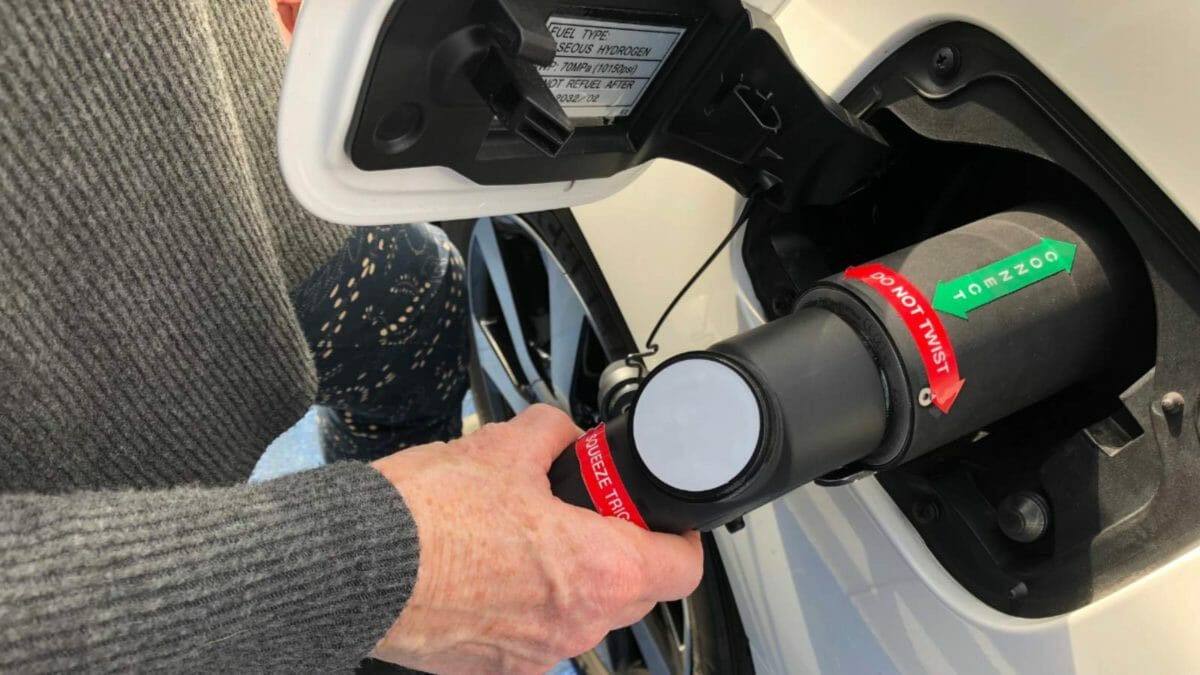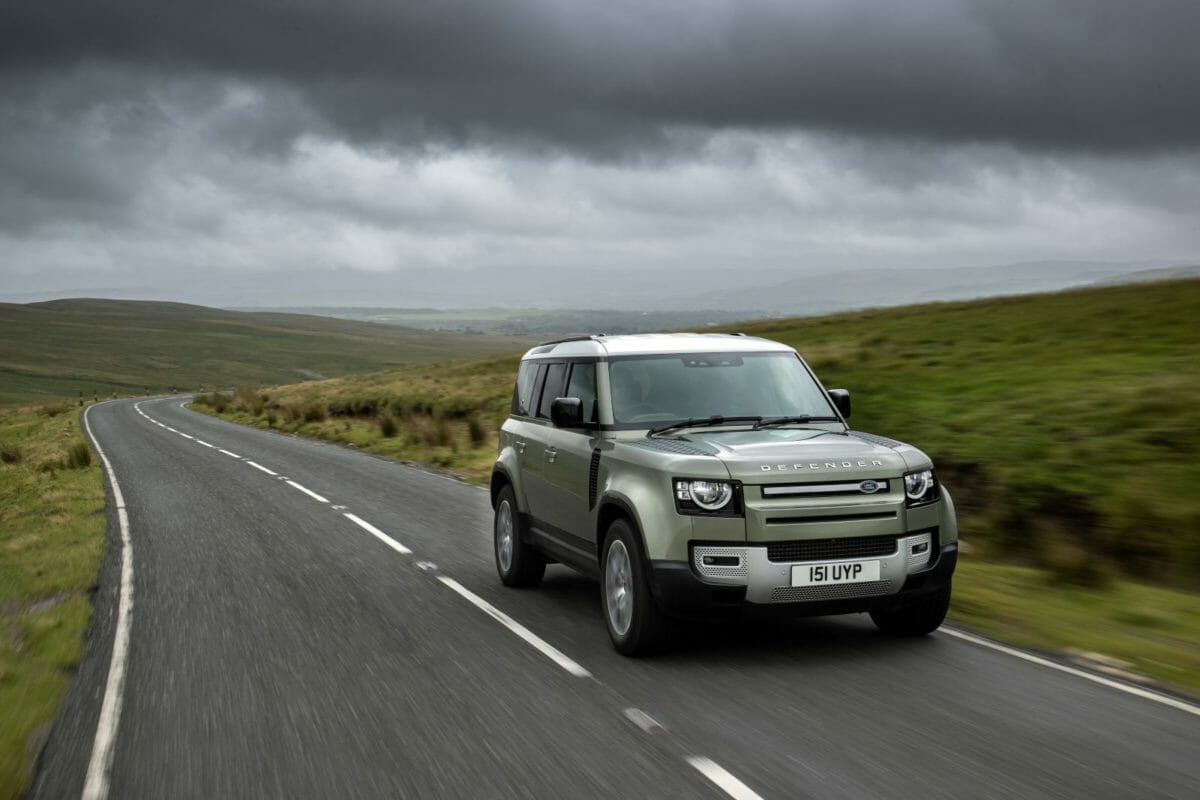Land Rover had launched the diesel line-up of its popular Defender in India recently. The Defender is available as a 3-door version (Defender 90) and a 5-door version (Defender 110), with 4 trim levels – SE, HSE, X-Dynamic HSE and X under both those versions. While the Defender is available with a petrol-powered engine as well, Jaguar-Land Rover is in the process of developing an environment-friendly powertrain for the monster SUV.
More Details
With testing slated to begin later this year, JLR is developing a prototype Hydrogen Fuel Cell Electric Vehicle (FCEV) based on the new Defender. This comes in line with JLRs “Reimagine” strategy to achieve zero tailpipe emission by 2036 and net-zero carbon emissions across its supply chain, products and operations by 2039.
What is FCEV?
FCEV or fuel cell electric vehicles basically run with the help of electric motors. The electricity is generated using oxygen from the air and compressed hydrogen. These are considered zero-emission vehicles as they emit only water and heat. As compared to battery electric vehicles (BEVs), hydrogen-powered FCEVs provide high energy density and rapid refuelling, and minimal loss of range in low temperatures, making the technology ideal for larger, longer-range vehicles, or those operated in hot or cold environments.
As per a report from the International Energy Agency (IEA) the global number of FCEVs on the road has nearly doubled while hydrogen refuelling stations have increased by more than 20% since 2018 and if predictions are to be believed, hydrogen-powered FCEV deployment could top 10 million with 10,000 refuelling stations worldwide by 2030.

Project Zeus
The Advanced Propulsion Centre is a government-backed organisation that is providing funding for JLRs ambitious project Zeus. This project allows engineers to understand how a hydrogen powertrain can be optimised to deliver the performance and capability expected by its customers: from range to refuelling and towing to off-road ability. To deliver Project Zeus, Jaguar Land Rover has teamed up with world-class R&D partners, including Delta Motorsport, AVL, Marelli Automotive Systems and the UK Battery Industrialisation Centre (UKBIC) to research, develop and create the prototype FCEV. Testing for the prototype Defender FCEV will commence in the UK by the end of 2021.

Official statement
Ralph Clague, Head of Hydrogen and Fuel Cells for Jaguar Land Rover, said: “We know hydrogen has a role to play in the future powertrain mix across the whole transport industry, and alongside battery electric vehicles, it offers another zero tailpipe emission solution for the specific capabilities and requirements of Jaguar Land Rover’s world-class line-up of vehicles. The work done alongside our partners in Project Zeus will help us on our journey to become a net-zero carbon business by 2039, as we prepare for the next generation of zero tailpipe emissions vehicles.”

